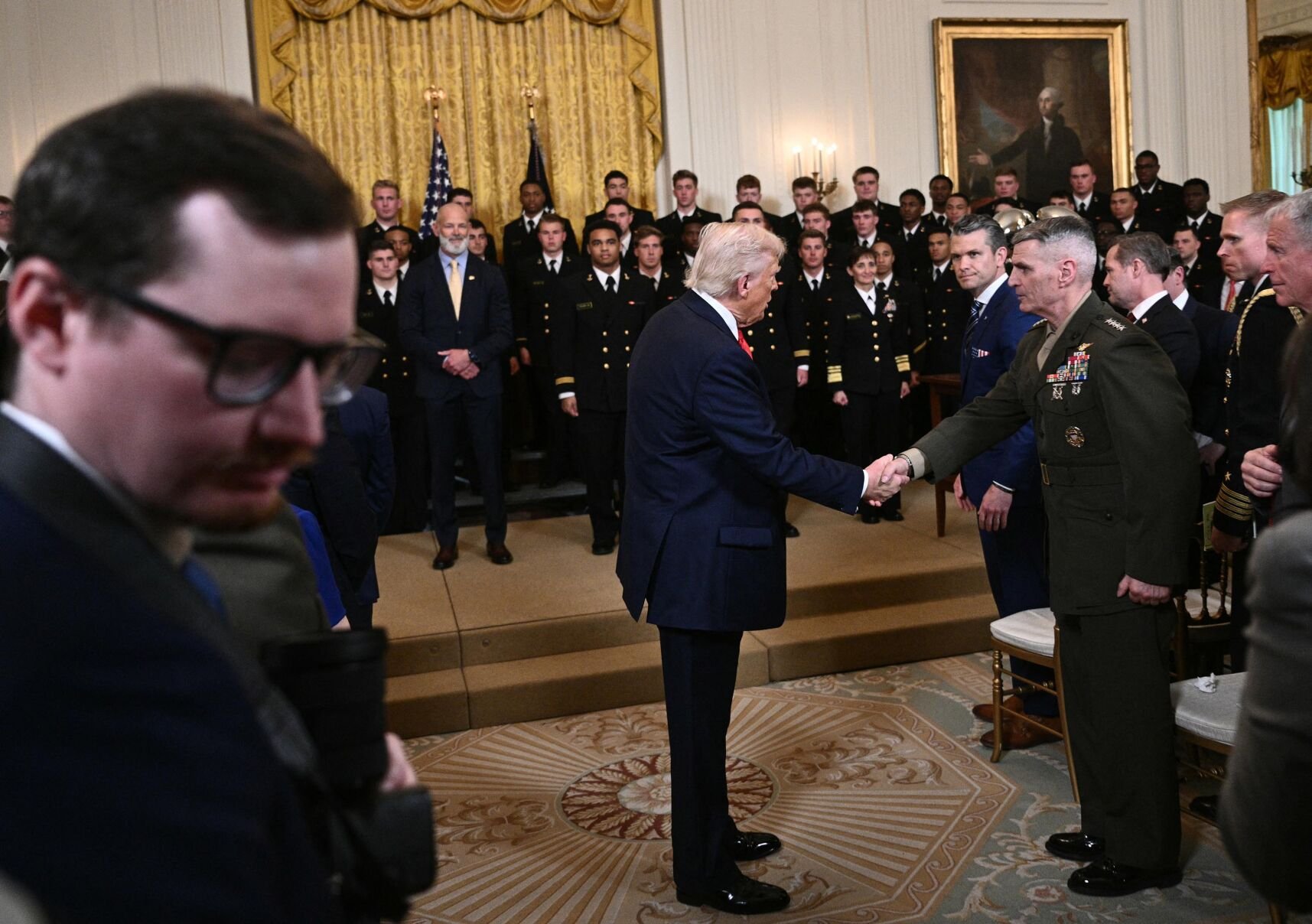Democrats on the Senate Armed Services Committee pressed a high-profile Marine Corps general nominee over the Trump administration’s controversial use of troops in American cities to fight crime and pursue immigration enforcement. Their pointed questions highlight ongoing concerns about the boundaries of federal power and the military’s role on domestic soil.
Joint Chiefs nominee grilled about domestic deployments

Key Takeaways:
- Lawmakers question the morality and legality of military involvement in U.S. cities
- The nominee, U.S. Marine Corps Gen. Christopher, faces scrutiny over possible domestic deployments
- The Trump administration’s approach to crime and immigration enforcement draws criticism
- Concerns arise about the proper limits of military power in domestic affairs
- Senate confirmation hearings underscore the importance of legislative oversight
The Inquiry in the Senate
Democrats on the Senate Armed Services Committee devoted a Thursday session to pressing a nominee for the Joint Chiefs of Staff about his views on using the military in American cities. Their questions focused on whether he supports the prior administration’s strategy of employing troops to assist in law enforcement, particularly around crime prevention and immigration control.
Controversial Domestic Deployments
At the heart of the discussion is what some lawmakers deem the “controversial use” of military forces under the Trump administration. This policy was intended to address escalating crime in certain urban centers and buttress immigration enforcement in border states. Critics argue that extending military duties into civilian matters raises constitutional questions about states’ rights and civil liberties.
The Nominee’s Position
U.S. Marine Corps Gen. Christopher, whose full stance on these issues has not been made public, faces pointed inquiries about whether he would support or oppose similar deployments in the future. While Democrats are skeptical of the wisdom and legality of such operations, questions remain about the general’s approach to balancing presidential directives with potential concerns over the role of armed forces at home.
Broader Questions on Military Power
Beyond the immediate confirmation hearings, this debate underscores ongoing tension about the scope of military power in domestic policy. Senators are examining how far the executive branch should go in authorizing troop presence away from international battlegrounds and onto city streets—an issue with profound implications for civil-military relations and the boundaries of federal authority.











